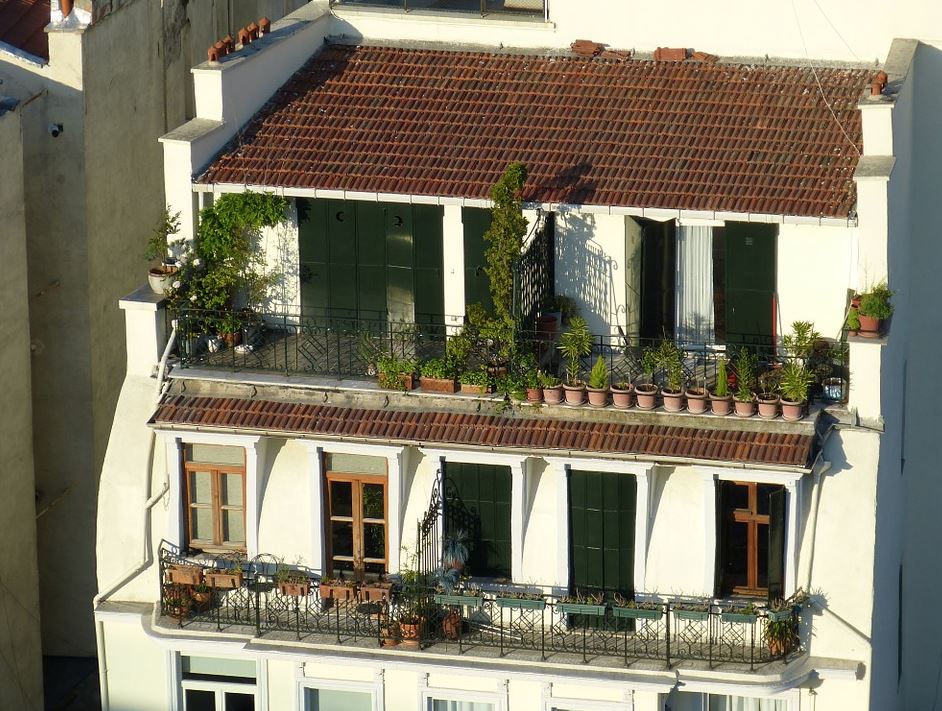Many children in Brazil have unemployed parents who leave the country side to seek better opportunities in the city. These families live in poor conditions and due to the circumstances they are often forced to scavenge and live around dump sites. These families sometimes manage to construct homes out of cardboard and plastic bins, forced to live off the goods they find in the wastelands of Brazil. Angelica, a ten-year-old girl whose parents moved to the city of Olinda five years ago has grown up along these types of dumb sites. Over 45 000 other Brazilian children live and work in garbage sites across the country. Brazil is a 3rd world country and not a lot of systems are in place to monitor solid waste management and child labour is a growing issue. Angelica’s families depend on dump sites to make money off recyclable goods, this is how they survive.
The dump site in Olinda comprises of numerous heaps of garbage which is continuously increased by municipal trunks revisiting every week. Both children and adults would run towards the fresh pile of garbage and start rummaging through its contents. The rush is the result of competitive nature of the job. With a scene that resembles the farce of seagulls attempting to feed a dead seal, it’s hard to accept that nothing is being done about the situation. Many of these people have lost limbs or have been badly injured by the rummage which can contain extremely dangerous objects. Whatever is eatable will be consumed, whatever is functional will be put to use and whatever is valuable will be sold, this is the life of the unofficial garbage collectors of Brazil.
In 2010 a documentary titled Waste Land filmed by Lucy Walker accurately depicts the garbage situation in Brazilian. In the documentary, Vik Muniz a modern artist who collaborates with the waste collectors or waste scavengers to create interesting art pieces made from recyclables. Muniz creates multiple mosaic art pieces which are showcased in galleries across London and the city of Sao Paulo. The film was nominated for an Oscar in the Academy Awards. Lucy Walkers documentary about the Jardim Gramacho site (One of the largest dumpsites in the world) has caused many positive ripple effects around the world. UNICEF which is an International Charity created by the United Nations General Assembly has stepped to aid these poor people living off the dump sites. Many lives have changes since the release of the film and it has definitely changed my attitude towards garbage disposal and waste management. Waste does not just vanish into thin air after you dispose of it, it doesn’t end when the garbage man pulls away. It’s sad to see that many people around the world also live under the same conditions, especially here in Africa.
George Wyngaardt , Local tree hugger and enviromentalist . Health Store consultant
Wasteland In Brazil





